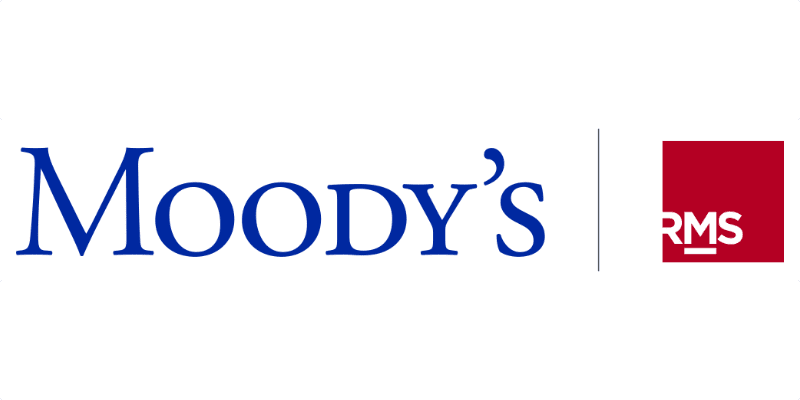Hurricane Idalia privately insured loss in $3bn to $5bn range: Moody’s RMS

Another estimate for the eventual insurance and perhaps reinsurance market loss from hurricane Idalia has been released, with Moody’s RMS opting for a $3 billion to $5 billion range.
The industry loss estimate includes privately insured wind, storm surge, and inland flooding impacts for the United States only from major hurricane Idalia.
But, Moody’s RMS also estimates that losses to the National Flood Insurance Program (NFIP) could be around $500 million.
The company said that its “best estimate” for private insurance market losses from hurricane Idalia is $3.5 billion.
Moody’s RMS’ industry loss estimate for hurricane Idalia compares to the around $2.2 billion estimate from Karen Clark & Company last week, and the Verisk estimate from earlier today of between $2.5 billion and $4 billion.
As we said earlier, these fit well into the original prediction that hurricane Idalia’s eventual insurance market loss would fall towards the lower-end of a $3 billion to $9 billion range.
In addition, they also suggest an industry loss that will fall well-below the levels required to cause significant reinsurance or insurance-linked securities (ILS) impact, with primary insurers set to retain the majority of it.
Jeff Waters, Staff Product Manager, North Atlantic Hurricane Models, Moody’s RMS, commented, “Major Hurricane Idalia could have been much more impactful had the storm taken a different track or not weakened just before landfall. As a result, the tight gradient of damaging winds combined with limited exposure and low flood take-up rates in the worst-affected area should reduce the overall level of insured losses.
“Nevertheless, we expect this event will test Florida (re)insurers on the heels of new legislation passed over the last several months to stabilize the market and curb the impacts of social inflation.”
Moody’s RMS provided a helpful breakdown of the estimated industry loss from hurricane Idalia:
$2.2 bn – $3.4 bn from wind, including coverage leakage.
$0.5bn – $1.3bn from privately insured storm surge.
$300m from private market inland flood.
The risk modeller said that its estimated reflects: property damage and business interruption to residential, commercial, industrial, watercraft, and automobile lines of business, and consider sources of post-event loss amplification (PLA), inflationary trends, and non-modeled sources of loss.
Insured losses from Idalia will be driven by wind and storm surge, the company explained, but flood could contribute up to a third of the total event economic losses, Moody’s RMS said.
Insured wind and NFIP losses are expected to be driven by residential lines, while private market water losses will be dominated by commercial and automobile lines, mostly in Florida.
Julie Serakos, Senior Vice President, Moody’s RMS, said, “Prior to Idalia, Florida’s ‘Big Bend’ region was largely untested by landfalling major hurricanes. Much of the building stock affected by Idalia is older and built before the onset of statewide building codes during the 1990s. However, wind observations from the event suggest Idalia’s wind speeds were just around the design windspeed levels for the region. In addition, newer roofs on many properties installed in recent years after Hurricanes Irma and Ian should help minimize extensive damage in Florida.”
“As for water impacts, Idalia caused significant storm surge-related damage in several areas along the Florida and southeast U.S. coastlines. For inland flooding, while it was wide in its extent, it was nominal in severity.”
Rajkiran Vojjala, Vice President, Model Development, Moody’s RMS, added, “While post-event loss amplification is typically nominal for such low magnitude events, we must consider the ongoing effects of inflation and residual impacts from Major Hurricane Ian on claims severity for Major Hurricane Idalia.”
“Construction costs have come down from record levels in recent years, but they remain higher than their long-term averages. Additionally, Florida requires state-certified contractors to complete roof repairs, and the widespread extent of wind damage in Idalia may exacerbate the existing fragile labor situation in Florida and lead to an unexpectedly long recovery.”






